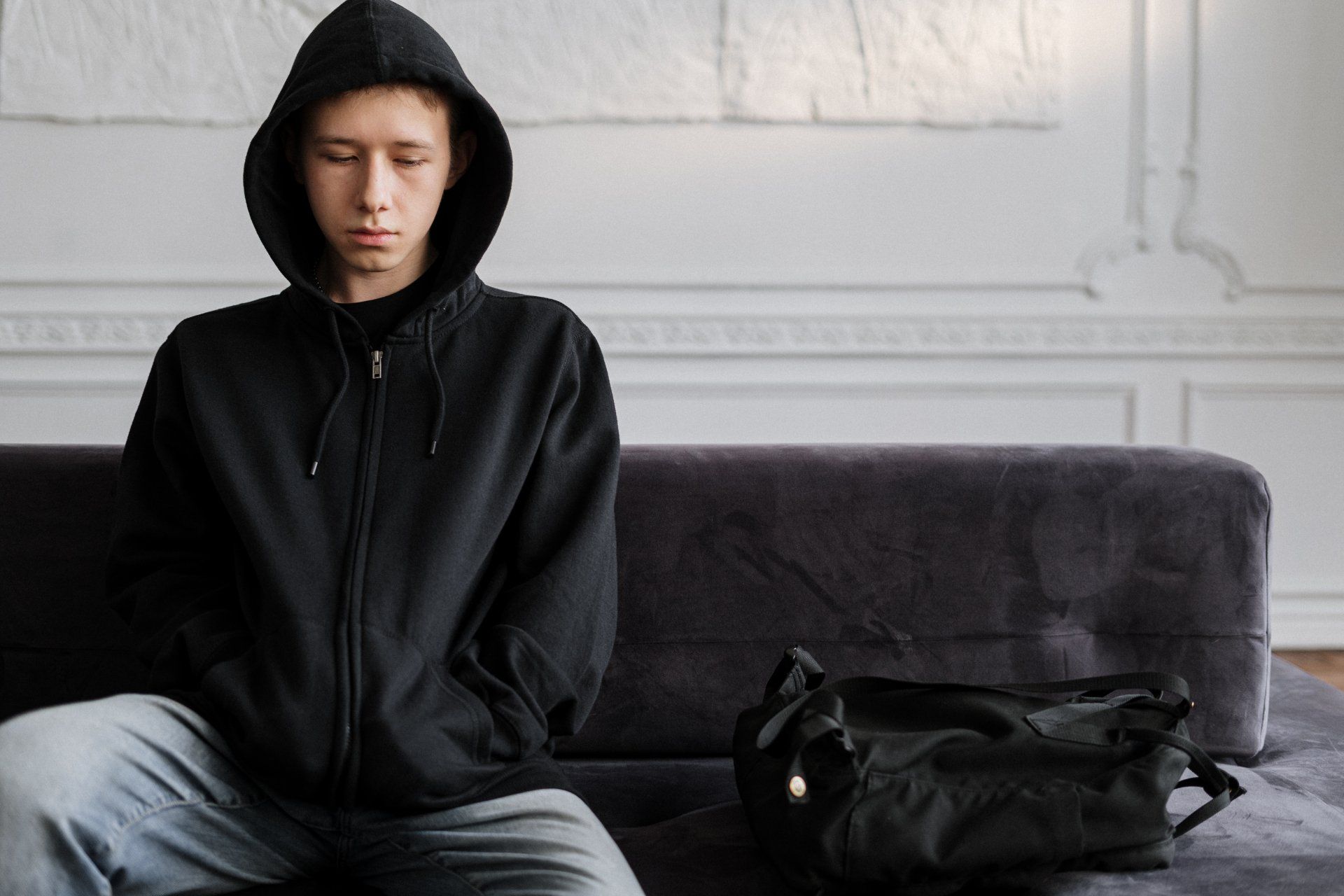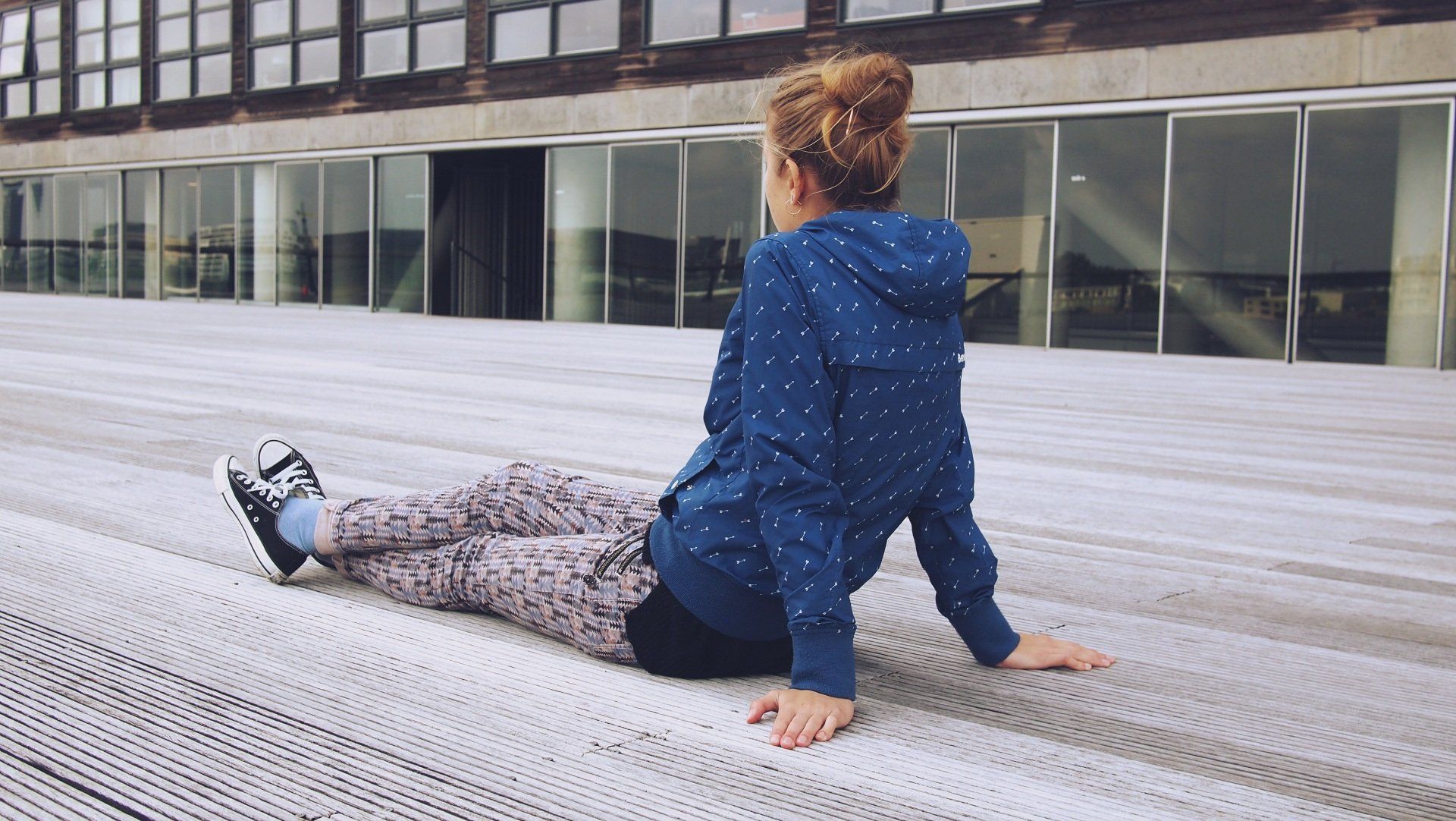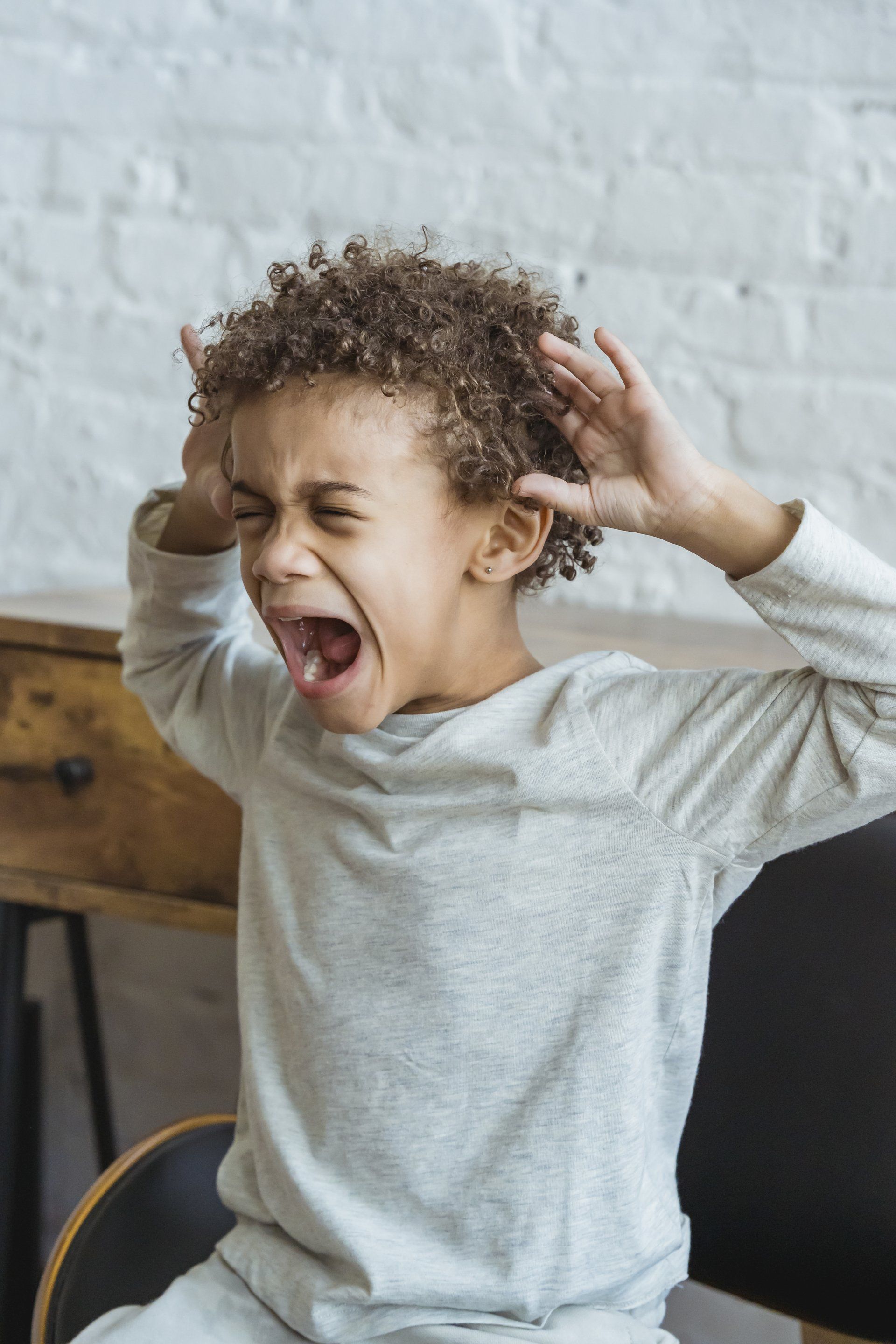How is your Teen's Mental Health going?
The last few years have been tough on all of us. Teen mental health is no exception.

Young people have faced some unique challenges that adults haven’t. Exam uncertainty, grade decline. missing peers just at the time when peer relationships become all the more important, coping with remote schooling and being physically isolated from peers. Lots of teens haven’t had a “normal” school year since 2019. It’s been tough.
WHEN MENTAL HEALTH IS SLIPPING
We all have early warning signs that tell us our mental health is not quite right. Learning them can take some trial, error, and self-reflection. We could become routine-obsessed, or ditch routines altogether to the detriment of our health and self-care. Keeping up with good hygiene can be really difficult. We might skip food, or fall into patterns of emotional eating. Struggling to get up, struggling to go to sleep, frequent spikes of anxiety, and feeling irritable all the time are also signs that things aren’t okay. Sometimes we stop enjoying things that we used to like doing, too.
WHEN MENTAL HEALTH SLIPS: THINGS THAT HELP
Spotting our early warning signs can help us to do something about them.
- If we have someone we trust, either a friend or an adult, then we could talk to them about how we feel. Sometimes, we just need to let it out. At other times, we need a bit more support or find it helpful to problem-solve together.
- Time to relax is vital. This can be hard when we have lots of schoolwork or are juggling school with a job. But time off from both school and work can make a big difference to our mood.
- Having a notebook of even a gratitude journal helps to remind us that we’re doing a lot better than we think. These don’t have to be ground-breaking discoveries or world-record-breaking achievements. It can include things like “I had a shower” or “I got out of bed”. Our little wins might be different from other peoples’ because we all find different things hard – and that’s okay. Celebrate them.
- Remember – different things work for different people, and that’s okay. When we feel terrible, we need to prioritise ourselves and do what’s right for us – not what’s right for our friends or peers.
THINGS YOU CAN DO TO IMPROVE YOUR OWN MENTAL HEALTH
The good news is that, like most physical illnesses, mental health issues for teenagers and adolescents can be managed or treated. There’s plenty you can do for yourself and here are some tips to get you started:
- Eat well.
- Exercise regularly.
- Get enough sleep.
- Have a Social Media Detox - it could be 1 night, an entire day or even a week! Use those hours positively by reading that book that's been sitting next to your bed, go to the movies with your mum or dad, play a game with your siblings or simply go for a walk and get an early night. Tell your friends that it's your detox night, you might even start a trend!
- Find out more about your particular issue — ask an adult that you trust to help or follow the links below.
- If you’re using drugs and alcohol, slow down — these tend to make things worse, not better.
- Learn some relaxation techniques to help you deal with stress.
- Practice mindfulness or meditation.
WHEN IT’S HARD TO ASK FOR HELP
Sometimes, asking for help is really hard because we might worry about what people will think. People are more aware of mental health since lockdown, but it can still be tricky. If you need someone to talk to, or want to find out more online, here are some organisations that can help:
- Kids Helpline (telephone and online counselling for ages 5-25) — call 1800 55 1800
- headspace (mental health service for ages 12-25) and eheadspace (online and phone support)
- ReachOut.com (youth mental health service) — online help
- SANE Australia (people living with a mental illness) — call 1800 18 7263
- Lifeline (support for anyone having a personal crisis) — call 13 11 14
- Suicide Call Back Service (anyone thinking about suicide) — call 1300 659 467
- You can also ask your doctor or a mental health professional for advice or more mental health resources for teenagers and adolescents.




